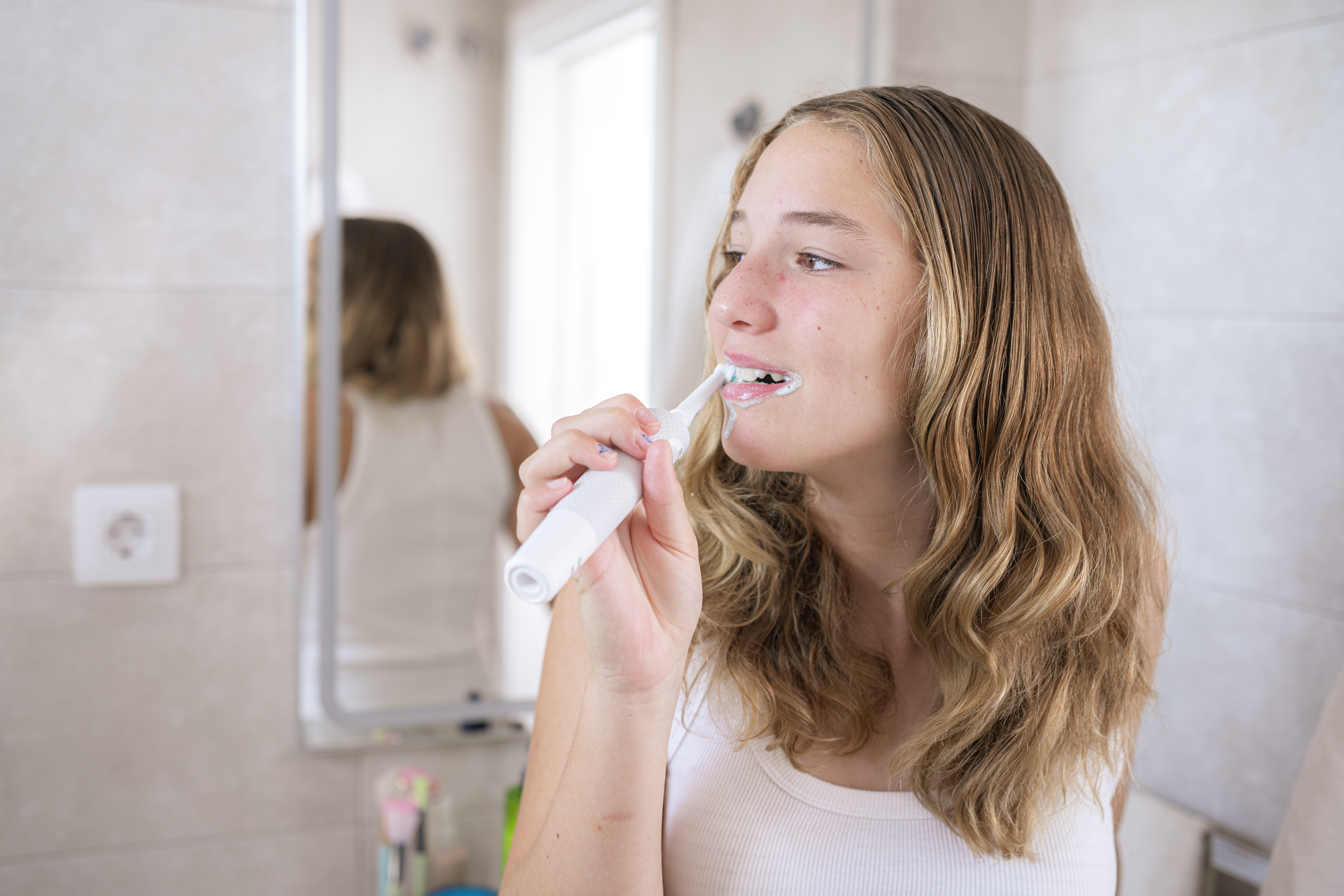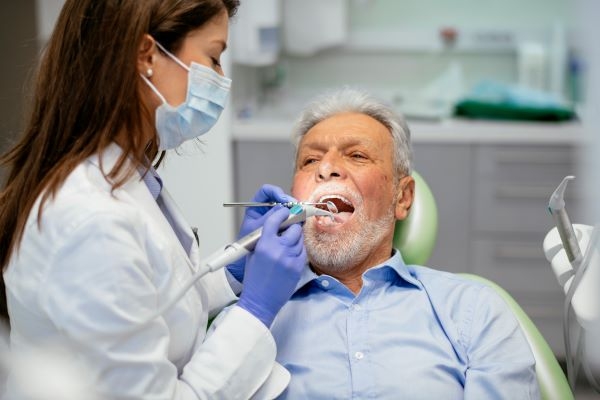-
Whether you like a quick shower or are more partial to a long and luxurious bath, for most of us, lathering up with a daily wash is like second nature.
And while soap is important for maintaining hygiene and keeping body odour at bay, overusing strong, perfumed soaps and shower gels in sensitive areas such as the vagina and vulva could be doing more harm than good. Here’s why.
Bacteria: friend or foe?
Aside from the bowel, the vagina contains more bacteria than anywhere else in the body, and these bacteria are there for a good reason. According to the NHS, the good bacteria in the vagina outnumber the other potentially harmful bacteria that might enter. Additionally, these good bacteria:
- Help keep the vagina's pH balance at low levels, which keeps the balance of bacteria healthy.
- Can produce bacteriocins (naturally occurring antibiotics) which reduce or kill harmful bacteria.
- Produce a substance that stops harmful bacteria from sticking to the vagina walls, therefore preventing bad bacteria from invading the tissues.
Doing your daily wash right
The balance of good bacteria and the pH levels in your genital area can be disturbed when strong soaps, shower gels and douches are used. This leaves the area more susceptible to irritation and infections, such as bacterial vaginosis and thrush.
So before lathering up, follow these simple tips to ensure your genital area remains healthy:
- Substitute your soap: Instead of using harsh, perfumed soaps or shower gels, simply use warm water, and if you feel additional products are necessary, go for a gentle, soap-free substitute.
- Don’t douche: Douching, which is the process of cleaning the vagina by flushing it with water or other fluids, is not recommended. Given the vagina is capable of cleaning itself through vaginal discharge, experts have concluded that there are no benefits to douching and, in fact, evidence actually suggests it could be harmful.
- Be gentle: Just like you wouldn’t be rough when cleaning your face, your genital area is sensitive and there’s no need to scrub. Likewise, when drying yourself: be gentle. Simply pat dry to alleviate the risk of irritation.
If you’ve been struggling with irritation or inflammation, have a chat with your GP who’ll be able to provide a diagnosis and treatment plan. Learn more hygiene tips here.
Hygiene tips every woman should know

-
Do you need an electric toothbrush?
Which toothbrush scrubs up best?
-
Dietitian, nutritionist or naturopath: What’s the difference?
Who should you see for professional dietary advice?
-
5 ways to eat healthy while travelling
Come home feeling refreshed, fit and energised.
-
How often should you get your teeth cleaned?
We spoke to Medibank Members’ Choice Advantage dentist Dr Jonathan Cichero to find out.
-
Daily habits for good oral health
Do you really need to floss? Is an electric toothbrush better than a manual one? Find out which habits to make (and which ones to break) for better oral health.
-
How to conquer your fear of the dentist
Dr Merrilyn Hooley's tips for a less stressful dental appointment.
Subscribe to receive the best from Live Better every week. Healthy recipes, exercise tips and activities, offers and promotions – everything to help you eat, move and feel better.
By clicking sign up I understand and agree to Medibank's privacy policy






